Investing in out-of-state rental properties allows for portfolio diversification and access to markets with higher rental yields. The attraction stems from the potential for better returns due to differences in property costs and rental market dynamics outside the investor’s locale. Success in this venture relies on in-depth market research, a solid network of local experts, and a clear understanding of inter-state legal and tax requirements.
The primary challenges of remote property management include handling emergencies, understanding local market specifics, and adhering to varied state regulations. Effective management strategies to overcome these hurdles include utilizing property management technology, employing a trustworthy local property manager, and conducting regular property visits. These measures are vital for maintaining property standards and ensuring regulatory compliance across state lines.
Preparing for Out-of-State Property Management
Preparing for out-of-state property management requires thorough planning and consideration of various factors to ensure success.
Researching Potential Markets
Conduct comprehensive research on potential local markets. Evaluate factors such as economic trends, job growth, rental demand, and property appreciation rates. Look for areas with stable economies, diverse industries, and promising growth prospects.
Establishing Clear Investment Goals
Define your investment objectives clearly to guide your decision-making process for your investment property. Determine whether you’re seeking long-term appreciation, immediate cash flow, or a balance of both. Set specific financial targets, such as desired ROI or cash-on-cash returns. Collaborate closely with your property manager or local property manager to align these goals with market realities and property-specific dynamics.
Legal and Regulatory Considerations
Understand the legal and regulatory landscape of the target real estate markets, especially when dealing with investment properties across state lines. Familiarize yourself with landlord-tenant laws, property tax regulations, zoning ordinances, and fair housing laws.
Building Your Remote Property Management Team
Building a reliable remote property management team is significant for success when investing in out-of-state properties within the real estate industry. Here’s how to assemble and coordinate your team effectively:
- Property Managers: They are the linchpin of your remote management team, overseeing day-to-day operations and ensuring tenant satisfaction.
- Maintenance Staff: A responsive maintenance team is crucial for addressing repair needs and emergencies, keeping your properties in top condition.
- Accountants and Financial Advisors: These professionals help manage the financial health of your rental properties, offering advice on taxes, budgeting, and investment strategies.
Establishing Communication Channels
Effective communication is key for remote property management, necessitating the use of technology to streamline operations like rent collection and maintenance requests. Regular updates and reports keep property owners informed about their properties’ status and financial performance, enabling them to make timely decisions and take action.
Streamlining Property Acquisition Process
Streamlining the property acquisition process is essential for efficient out-of-state investment management. Here’s how to expedite the process:
Conducting Remote Property Inspections
Utilize technology such as virtual tours, video calls, and detailed property documentation to conduct thorough remote inspections. Request additional photos and videos from sellers or agents to assess property conditions accurately.
Leveraging Real Estate Networks and Agents
Tap into real estate networks and enlist the help of local agents who have a deep understanding of the market. They can provide valuable insights, recommend suitable properties, and facilitate negotiations on your behalf, expediting the acquisition process.
Navigating Legal and Documentation Processes
A real estate investor must work closely with legal professionals familiar with the target market’s laws and regulations to navigate complex legal processes, especially when dealing with state rental property. They can help navigate complex legal processes, review contracts, and ensure all documentation is in order to facilitate a smooth property acquisition.
Implementing Effective Rental Marketing Strategies
Implementing effective rental marketing strategies is essential for property owners and managers to boost occupancy rates and rental income. It helps properties stand out, attract qualified tenants, and reduce vacancy periods in a competitive market.
Crafting Compelling Rental Listings
Create detailed and engaging rental listings that highlight the unique features and benefits of the property. Use high-quality photos, descriptive language, and clear information about amenities, locations, and rental terms to attract potential tenants.
Utilizing Online Platforms and Social Media
Utilize online rental platforms such as Zillow, Trulia, and Craigslist, along with social media channels like Facebook, Instagram, and Twitter, to reach a wider audience. Post regular updates, photos, and virtual tours to showcase available properties and engage with prospective tenants.
Targeting the Right Tenant Demographics
Identify the target demographic for your rental property based on factors such as location, property type, and amenities. Tailor your marketing efforts to reach this specific audience through targeted advertising, community outreach, and networking to attract qualified tenants who are the right fit for your property.
Managing Tenant Relations Remotely
Managing tenant relations remotely emphasizes clear communication and streamlined processes. It’s vital to establish clear expectations and policies for rent, maintenance, and tenant responsibilities from the outset. Efficient handling of maintenance requests and emergencies is essential. Additionally, being proactive in lease renewals and terminations ensures smooth transitions and maintains positive tenant relations.
Ensuring Financial Stability and Growth
Ensuring financial stability and growth in rental property management is important for long-term success, providing consistent income, maintenance capabilities, and resilience against economic uncertainties.
Implement a robust budgeting system to track expenses and ensure sufficient cash flow for maintenance, taxes, and other costs while complying with relevant state and federal laws. Regularly review and adjust budgets to accommodate changes in expenses or rental income.
Enforcing strict rent collection policies and procedures to minimize late payments is equally important. Utilize online payment platforms and reminders to streamline the collection process. Act promptly to address any overdue payments to maintain consistent cash flow.
Regularly evaluate property performance by analyzing rental income, expenses, and occupancy rates in the process of managing a rental property. Identify areas for improvement and adjust management strategies accordingly. This may involve optimizing rental rates, upgrading property amenities, or exploring new marketing channels.
Mitigating Risks and Handling Legal Matters
Mitigating risks and handling legal matters is crucial for rental property investment success, ensuring compliance with laws and regulations. Property owners must understand landlord-tenant laws in various states to mitigate legal risks. It’s essential to obtain adequate insurance coverage to protect against liabilities and damage. Promptly dealing with evictions and legal disputes, while following local laws and possibly seeking legal assistance, protects owners’ rights and interests.
Maintaining Property Condition from Afar
Maintaining property condition from afar involves regular inspections and maintenance schedules to ensure upkeep and identify issues early. Engaging reliable contractors and service providers ensures quality work and timely issue resolution. Promptly addressing property-related issues is also pivotal for minimizing damage, ensuring tenant satisfaction, and fostering long-term tenant retention, ultimately preserving property value.
Leveraging Technology for Efficient Management
Leveraging technology in property management enhances efficiency and communication through software, smart devices, and online systems. Property management software streamlines rent collection, maintenance, and tenant communication. Smart home devices, such as security cameras and smart locks, enable remote property monitoring and maintenance. Integrating online payment and documentation systems simplifies rent collection and lease management, improving convenience for both landlords and tenants.
Handling Taxation and Financial Reporting
Ensuring tax law compliance, maximizing benefits, and accurately assessing investments’ financial health is crucial for rental property owners to handle taxation and financial reporting. Key practices include staying updated on tax regulations, deducting eligible expenses, and filing accurate returns to avoid penalties and optimize benefits. Maintaining detailed financial records is important for tracking profitability and facilitating tax preparation.
Consulting financial professionals like accountants or tax advisors offer tailored expert guidance on tax planning and financial strategies for rental property portfolios.
Cultivating Long-Term Growth Strategies
Focusing on long-term growth in property investment involves strategically expanding your portfolio, such as by acquiring properties in emerging markets or diversifying into different property types. Risk mitigation is vital, achieved through diversification across various markets to protect against economic fluctuations.
Furthermore, monitoring market trends and economic indicators is essential for informed decision-making, allowing for timely adjustments to your strategy based on real estate cycles and economic forecasts. For example, investing in residential properties in areas with growing employment rates can be a wise move, leveraging positive economic trends to secure long-term gains.
Summary: Mastering Remote Rental Property Management
Successfully managing rental properties across state lines demands a comprehensive approach encompassing various aspects of property management. Property owners can achieve sustainable success in their rental property ventures by leveraging technology, adhering to legal and taxation requirements, and adopting growth and risk mitigation strategies. A reputable property management company can provide valuable support in navigating these challenges. With diligence and strategic planning, they can build resilient portfolios that generate consistent income and long-term value.
Explore Investment Opportunities with Intersection Real Estate Now!






